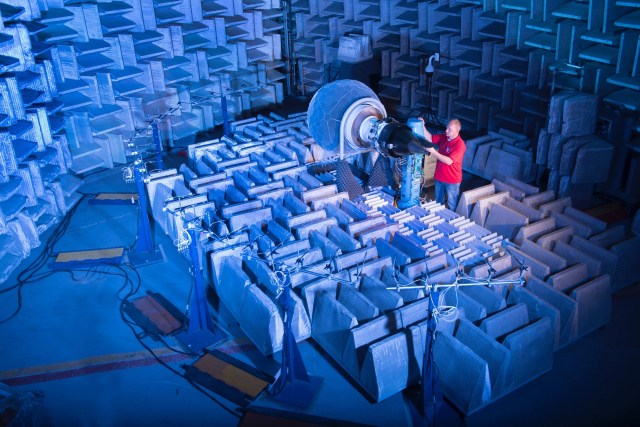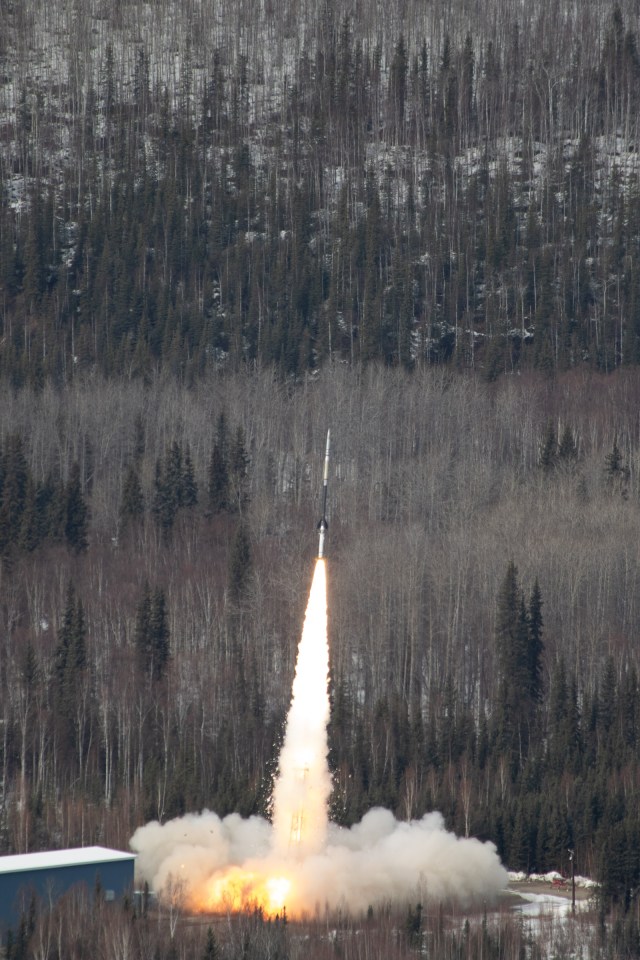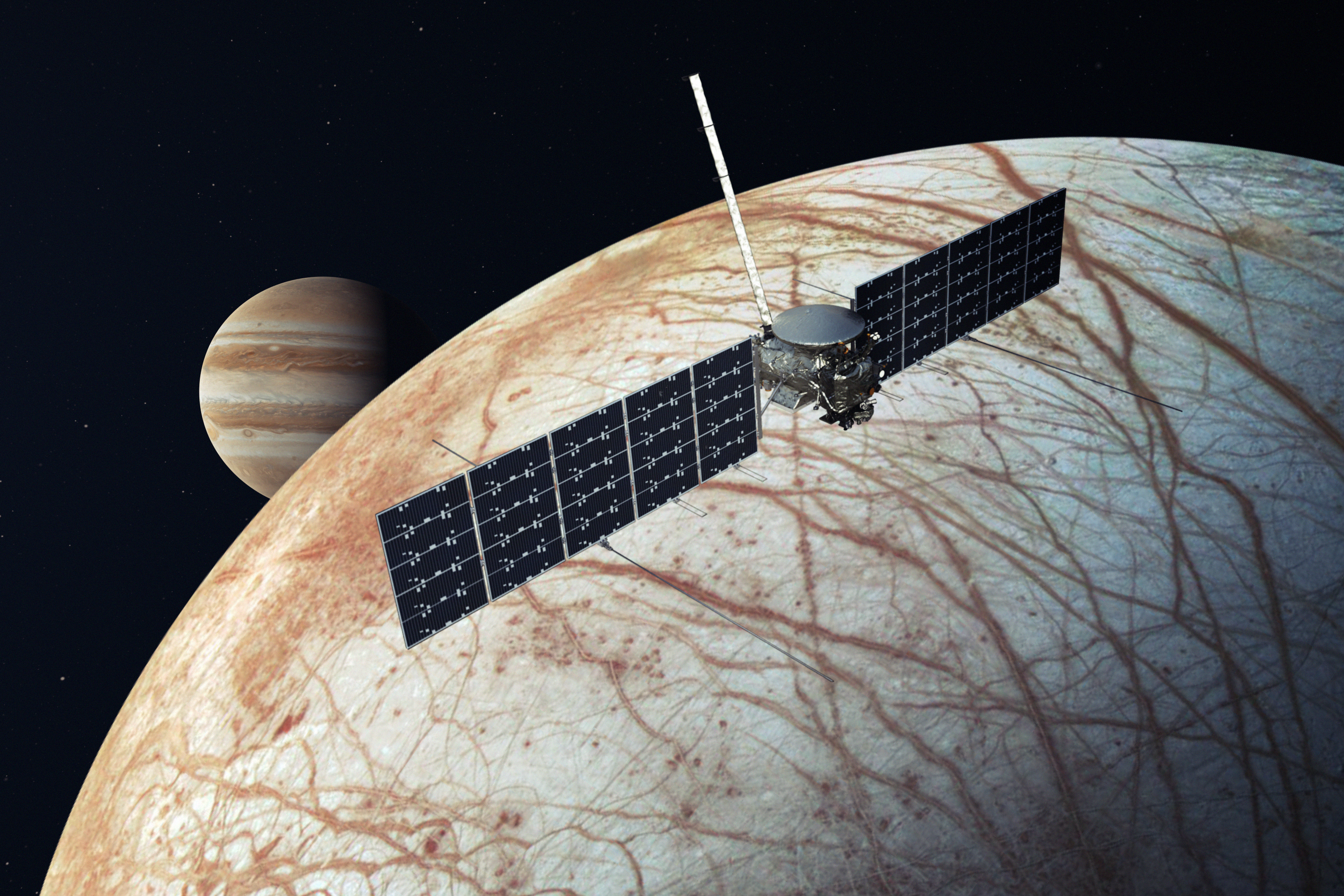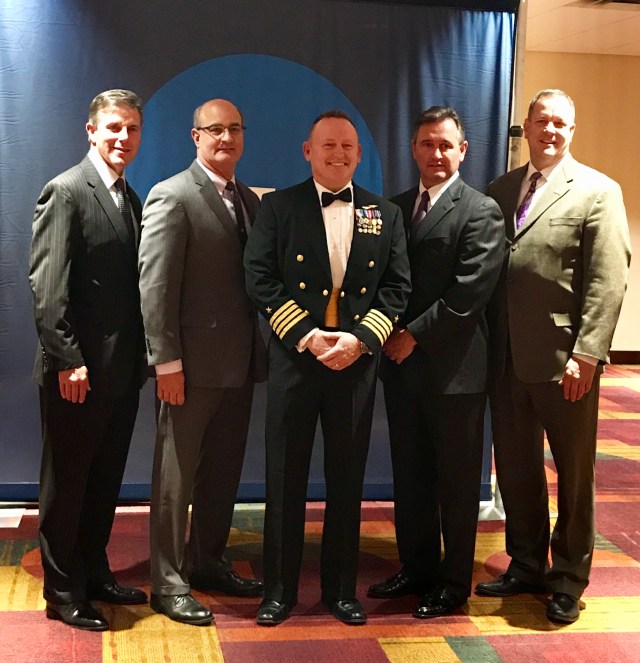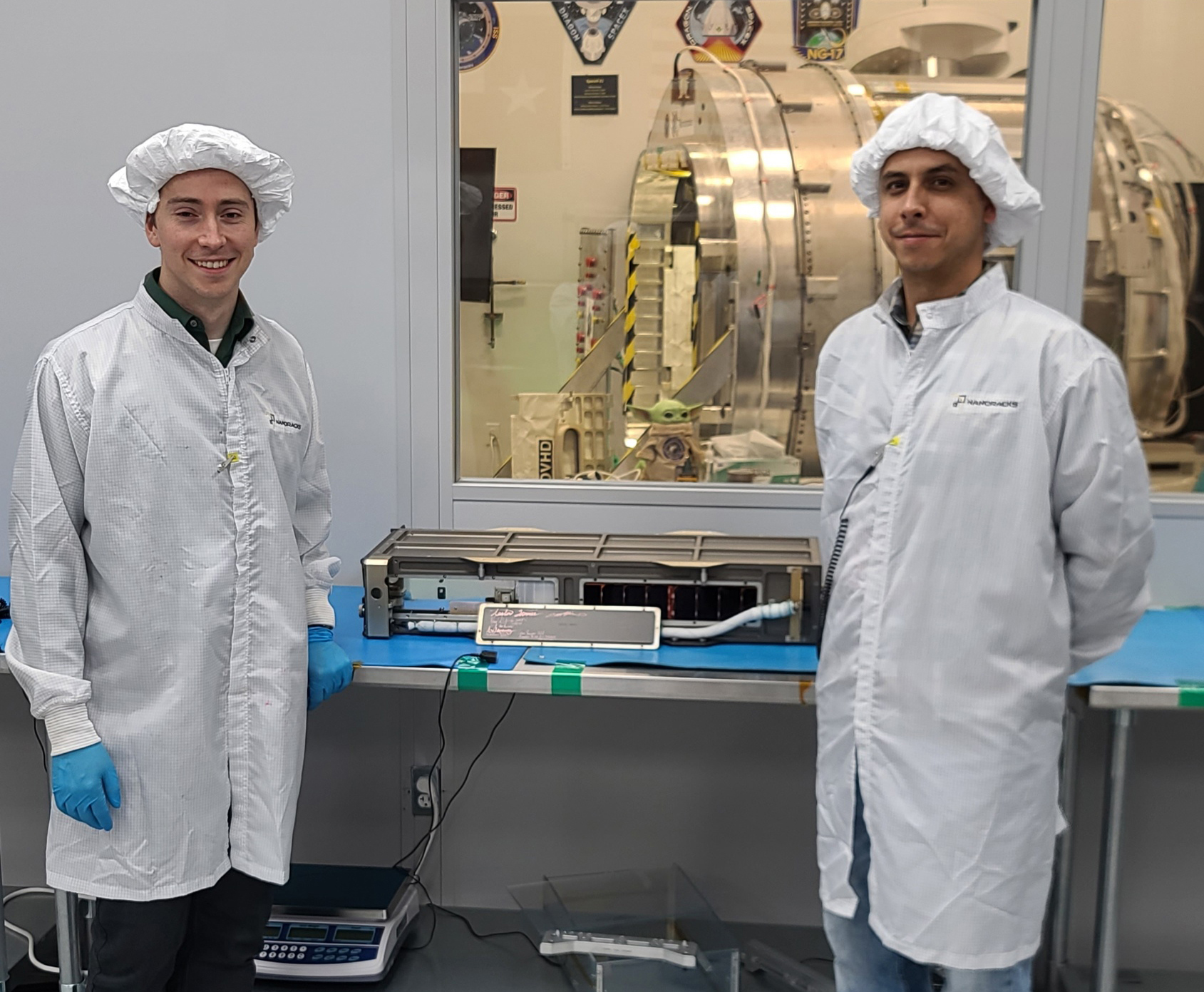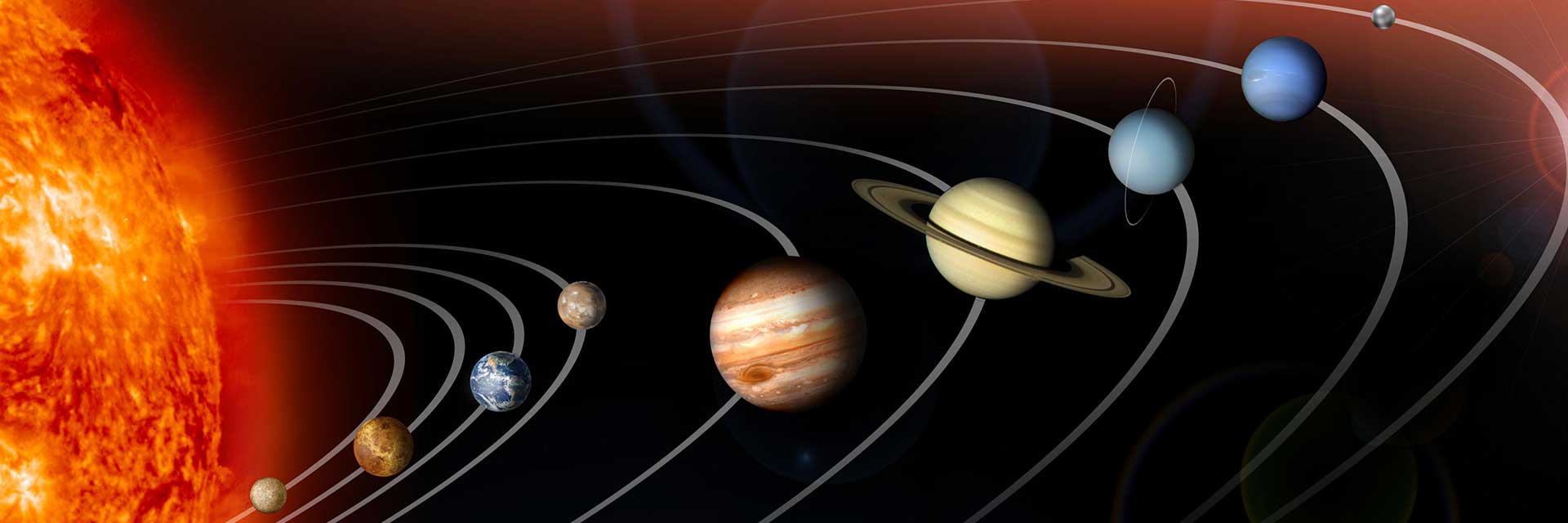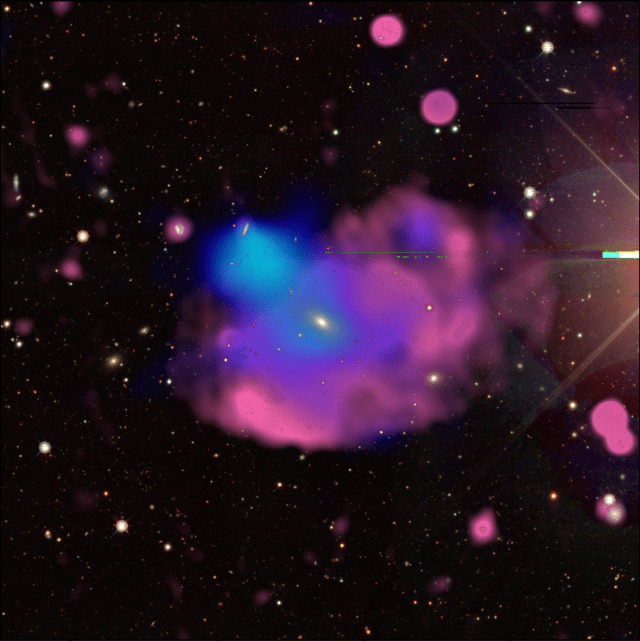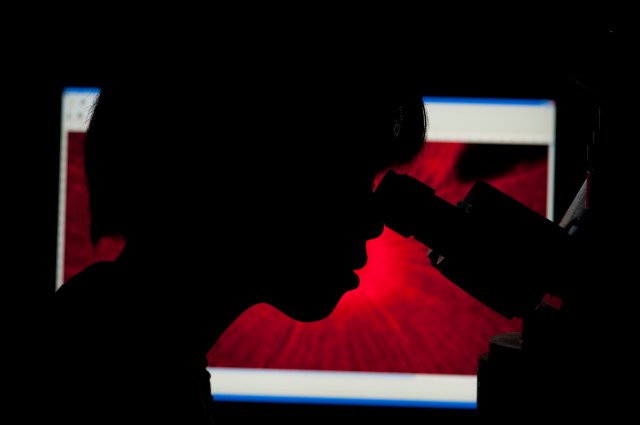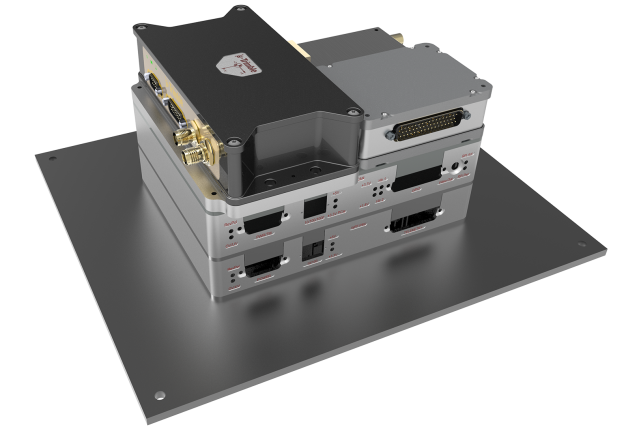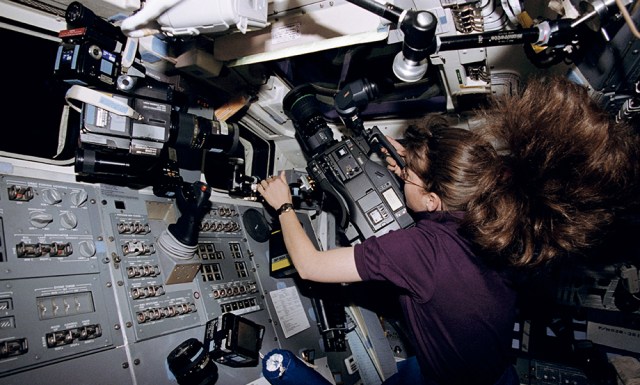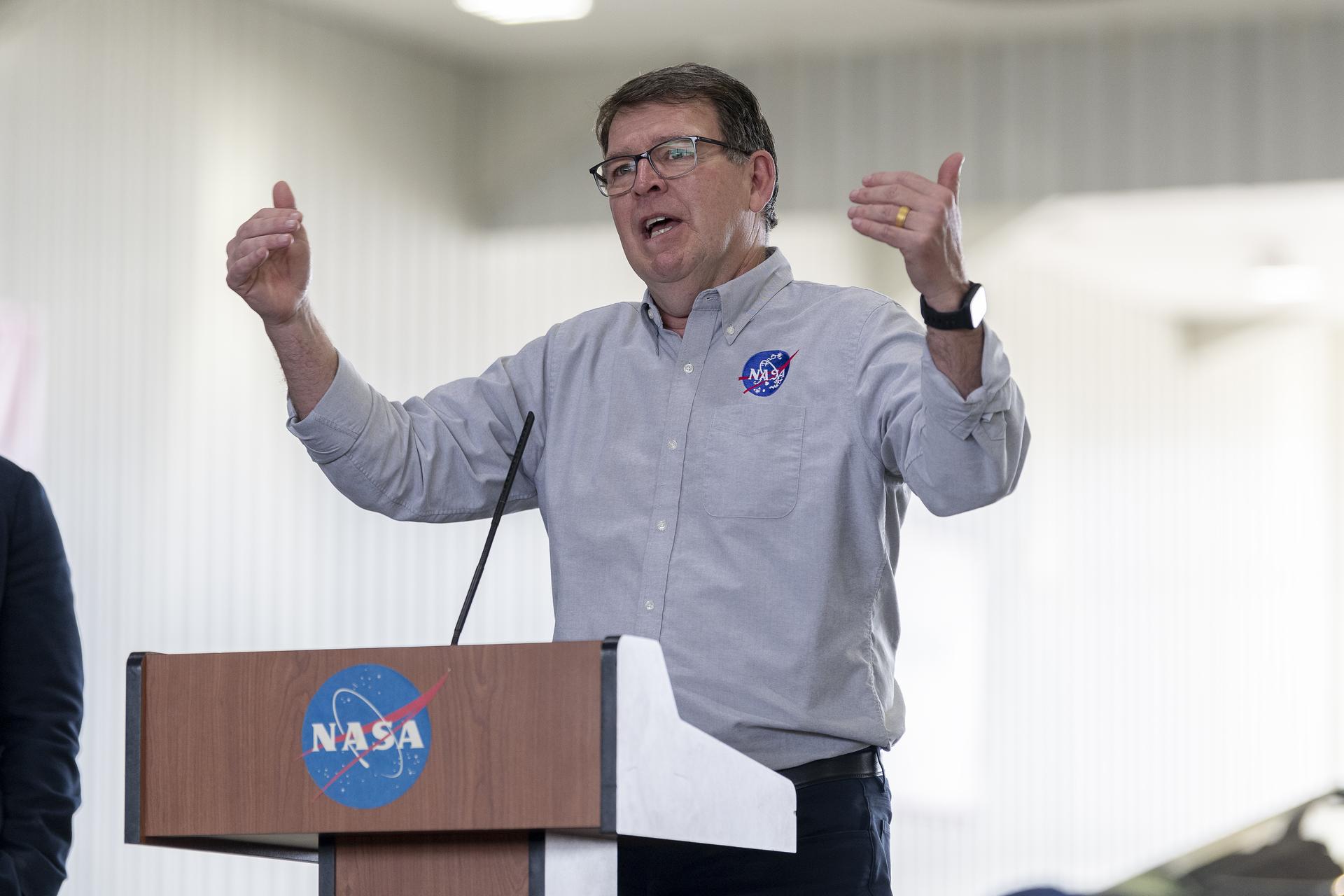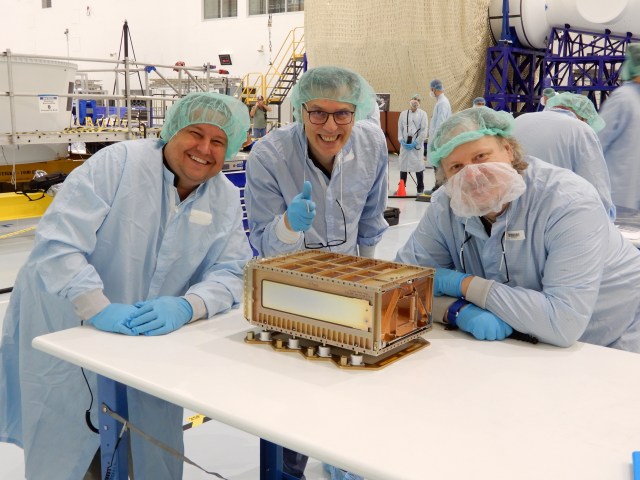NASCAR organizers have got nothing on NASA education program specialist Diedra Williams when it comes to planning a big race.
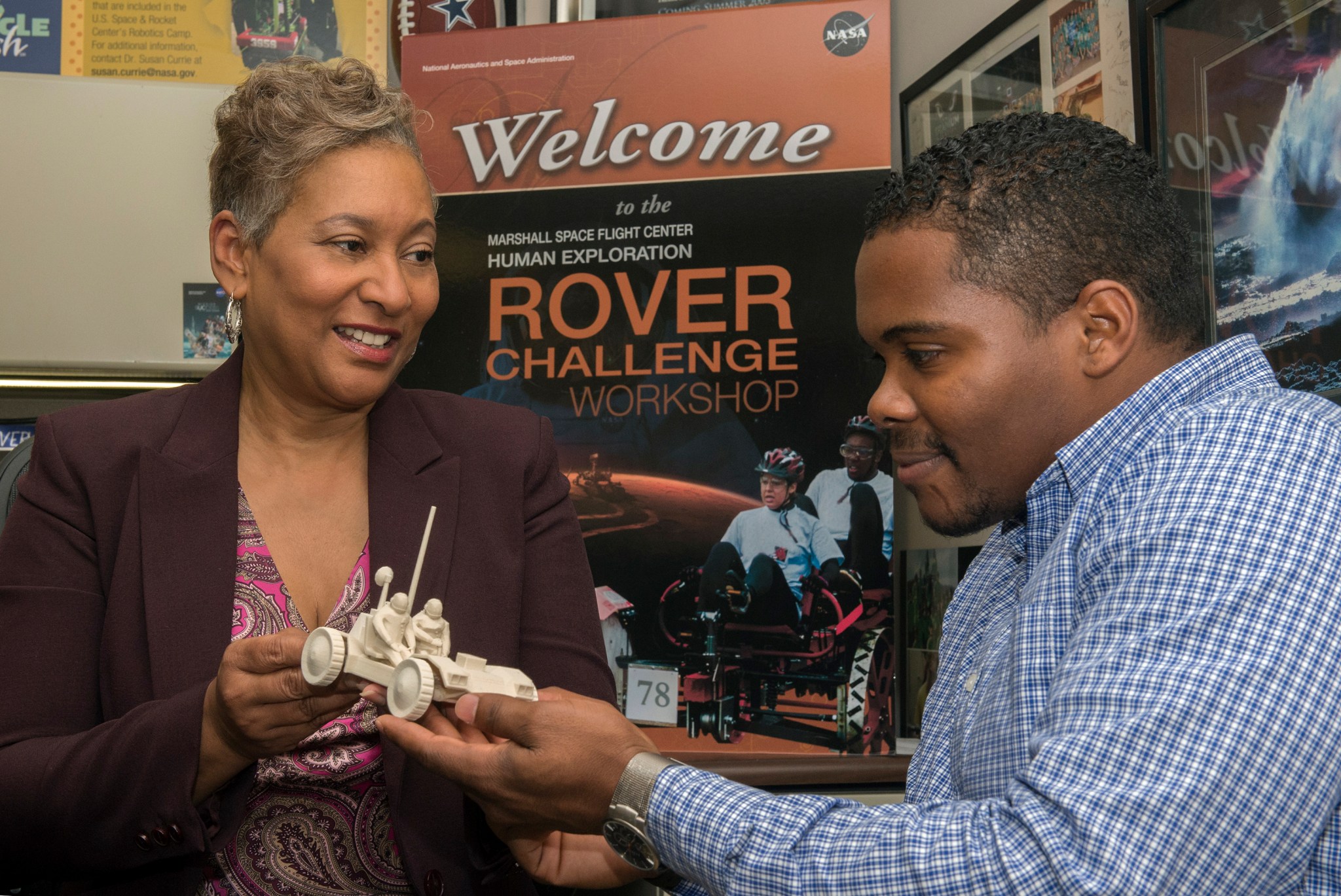
Each spring, Williams assembles an enormous team of volunteers from NASA’s Marshall Space Flight Center, the U.S. Space & Rocket Center and partner organizations in and around Huntsville, Alabama. Under her direction, they prepare a unique track for hundreds of fiercely competitive students whose teams vie for trophies, prizes and bragging rights.
The event is the NASA Human Exploration Rover Challenge. Organized by Marshall’s Academic Affairs Office, the competition challenges high school, college and university students to build and race fast, human-powered buggies — many featuring innovative designs that could help NASA refine its continuing space exploration mission.
Williams has managed the popular event since 2012, and now she’s been recognized for it. Marshall’s Office of Diversity and Equal Opportunity presented her with a Federal Women’s Program Outstanding Achievement Award for exceptional administrative service. Presented annually in association with Women’s Equality Day, Aug. 26, the award reflects the 1920 certification of the 19th Amendment to the U.S. Constitution, which granted women the right to vote. Congress created Women’s Equality Day in 1971.
The Rover Challenge got its start in 1994 as the NASA Great Moonbuggy Race, honoring the engineering legacy of the Lunar Roving Vehicles used on the moon during the Apollo 15, 16 and 17 missions in 1971-72. Six college teams competed the first year, and it has grown ever since. In recent years, it has drawn up to 80 competing student teams.
Under Williams’ leadership, the race became the Human Exploration Rover Challenge in 2014, shifting focus from basic vehicle design to innovative engineering tasks that change each year — such as the first-ever drive-train design challenge coming in 2017. “We’re excited to have the race reflect NASA’s ongoing mission, supporting and celebrating human exploration of Mars and other solar system destinations,” she said.
She’s also proud of the competition’s relevance to STEM classwork — science, technology, engineering and math courses — and its accessibility by the widest possible cross-section of students. “Our big challenge is to keep it innovative, keep it growing — yet maintain a level playing field, ensuring the race is open to all potential competitors,” she said. “We work hard to ensure underfunded school systems can take part.”
To that end, Williams’ team devised a new workshop this year. Funded by NASA’s Office of Education, it expanded the race’s reach among minority-serving institutions and historically black colleges and universities. Students and advisors from 25 minority-focused schools in 11 states and the District of Columbia — all new to the competition — traveled to Huntsville during race week last April. They took part in a workshop conducted by race organizers, with contributions by veteran team advisors from Scotlandville Magnet High School in Baton Rouge, Louisiana, and Parish Episcopal School in Dallas, Texas.
Williams believes most of the newcomers will race in the 2017 Rover Challenge, and she’s proud of its continued growth. “I’d love for this event to become the premiere educational challenge for STEM students interested in a career in the space program,” she said.
“The race is the highlight of my career,” she added. “Now I hope it’ll be the start of theirs.”
More about Diedra Williams
A District of Columbia native, Williams earned a bachelor’s degree in business administration from Mount Vernon College in Washington in 1981 and a master’s degree in public affairs from the American University there in 1983. She launched her federal career in 1987 as director of media information and marketing for the U.S. Navy’s Bureau of Naval Personnel in Washington from 1987-1996. She was director of public affairs for the Naval Computer and Telecommunications Command in Washington from 1996-1998.
Her career with the nation’s space program began at NASA’s Goddard Space Flight Center in Greenbelt, Maryland. She was an operations analyst in the Human Resources Operations Office from 1998-2000, helping to overhaul Goddard’s new employee orientation system and helping devise one of NASA’s earliest telework pilot programs.
Williams joined Marshall in 2000 as the executive resources program manager in the Office of Human Capital. She oversaw all aspects of candidate development for team members entering the Senior Executive Service, the personnel system covering most top managerial, supervisory and policy positions in the federal executive branch.
In 2008, she became an education program specialist in the Academic Affairs Office, part of Marshall’s Office of Human Capital. Four years later, she became the Rover Challenge manager. She also is backup lead and web content editor for the Office of Education’s web services team, which maintains NASA’s online education presence and develops and delivers learning content for students and educators nationwide.
Learn more about Marshall’s people and their role in NASA’s mission at:
For more information about the NASA Human Exploration Rover Challenge, visit:



